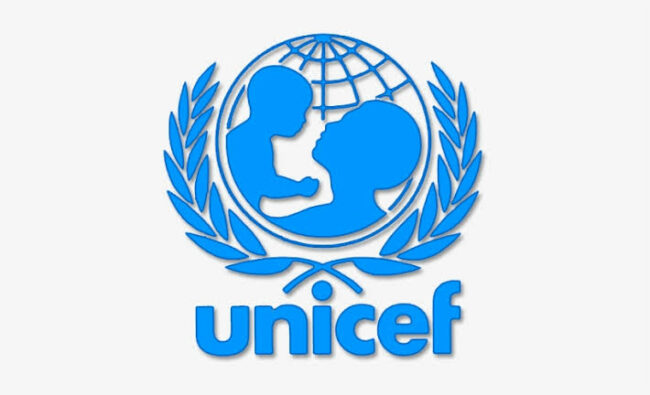The Nigerian government has been described as making a significant commitment to align with Sustainable Development Goal 6 (SDG 6), which focuses on improving Water, Sanitation, and Hygiene (WASH) services by 2030.
In order to fulfill this commitment, the government launched the Clean Nigeria: Use the Toilet campaign (CNC) in November 2019 which holds a visionary goal: to make Nigeria an open defecation-free nation, aligning with the National Open Defecation Free (ODF) Roadmap and SDG 6.2.
According to UNICEF Nigeria Country office, the CNC and the ODF Roadmap are centered on transforming collective behaviours, especially at the Local Government Authority (LGA) level, with the ultimate objective of achieving state-wide ODF status across Nigeria’s 36 states and the Federal Capital Territory (FCT).
Despite the remarkable success of the ODF campaign in certain LGAs, such as Dass and Warji in Bauchi state – which achieved ODF status since 2017 – a significant problem has emerged.
The problem is the need for a safely managed Faecal Sludge Management (FSM) system, an issue which is more pronounced in areas with a high prevalence of pit latrines, particularly in densely populated and low-income settlements.
Some key challenges that have been identified include poor regulation of manual pit emptiers; little clarity on institutional roles and responsibilities; high costs of FSM borne by poor households; indiscriminate disposal of the faecal sludge in an unauthorized place such as water bodies and drainage systems and solid waste collection centres; and lack of options and opportunities for productive use of faecal sludge.
Also, lack of professionalism coupled with unskilled manpower in faecal sludge management has led to the re-occurring challenges in the sector.
The situation is likely to deteriorate as the state continues to urbanize and more LGAs become ODF as a result of the National drive for ODF under the CNC.
The challenges in faecal sludge management as well as the entire sanitation sector necessitate the immediate needs for all the relevant stakeholders in the sector to develop a workable and sustainable Strategy and Operative Guidelines that will help guide the government on critical actions to develop and regulate the FSM value chain sector beyond household containment.
Consequently, the Bauchi state environmental protection agency (BASEPA), in collaboration with the Rural Water Supply and Sanitation Agency (RUWASSA), initiated an FSM Guideline in 2023 to guide the government’s efforts towards ensuring proper FSM in ODF LGAs.
To further strengthen these efforts, UNICEF, with funding from the Bill and Melinda Gates Foundation, is supporting government authorities to:
Provide recommended standard operating procedures, delivery approaches and enabling environment needed to implement and regulate safe FSM in both rural and urban areas of Bauchi state.
Also covering collection, transportation, treatment, disposal, and where possible, re-use of faecal sludge, Develop an institutional and regulatory framework and with protocols to guide stakeholders on how to coordinate and effectively implement FSM and ensure effective compliance with national guidelines and standards at the national and state level for FSM.
To also integrate elements of climate adaptation and mitigation to ensure that actions taken to improve FSM are sustainable, resilience-focused and able to withstand the effects of climate change.
These efforts will guide ODF LGAs in Bauchi towards achieving sustainable and equitable safely managed sanitation in alignment of SDG 6.2, which is the ultimate goal of the country.
Stakeholders from different government ministries, departments and agencies, as well as development partners, including WaterAid, and members of the private sector, including the pit emptiers association, have come together to carry out the Strategy Development exercise to help stakeholders develop a comprehensive, sustainable strategy, and operative guidelines that will steer the government’s actions towards effective FSM and ensure process is carried out efficiently, not only to protect public health but also to safeguard the environment from the detrimental consequences of unsafe disposal practices.
Once concluded, the draft document will be scrutinized and validated by stakeholders, followed by a state-wide launching of the results.
UNICEF hopes that this activity will serve as a model for other ODF LGAs facing issues like this, including states like Jigawa currently moving beyond ODF towards safely managed sanitation services.
In addition, learning from the Bauchi state FSM Strategy and Guidelines will be used to feed into the National Sanitation Policy and National Framework for faecal sludge management which are currently under review.
